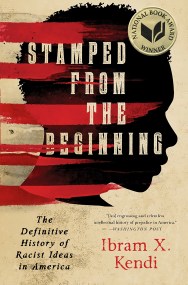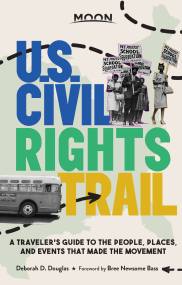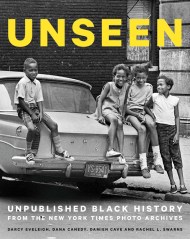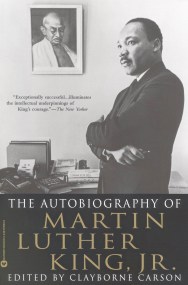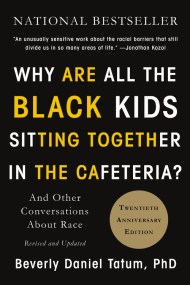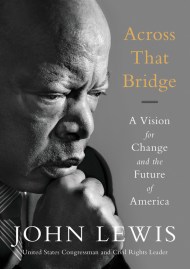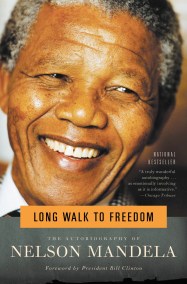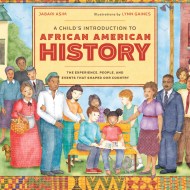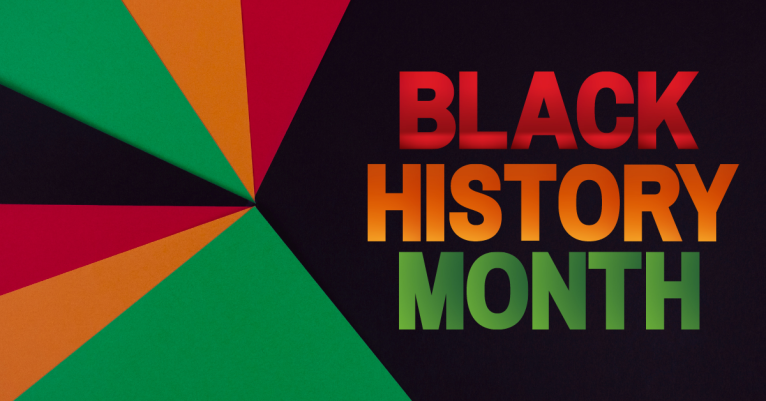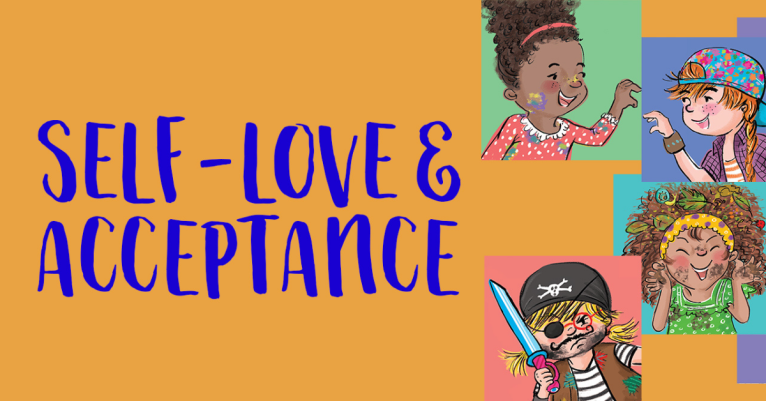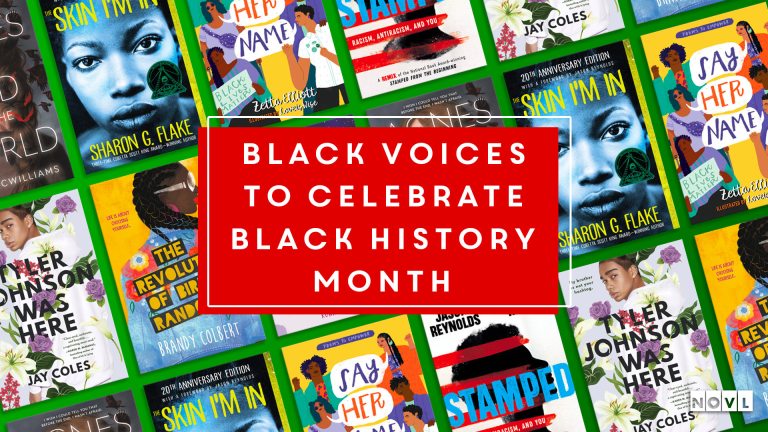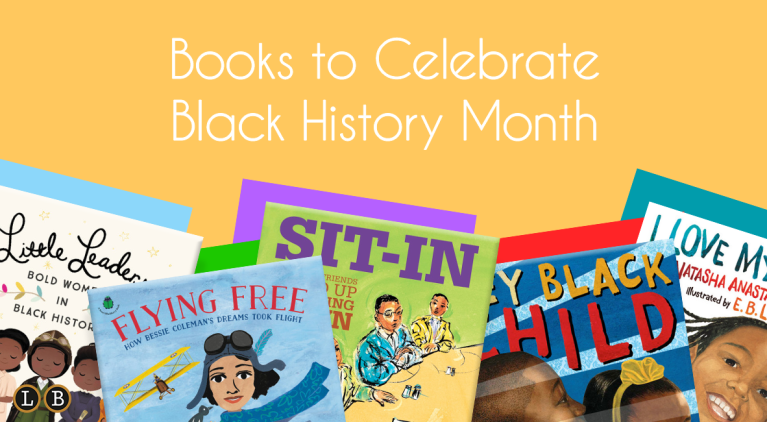9 Nonfiction Books to Honor Black History Month
Black History Month is a time in which we recognize and honor those who have come before us and the work they have done and continue to do in service of the African American experience, the United States, and the world as a whole. Here are nine works of nonfiction—history, memoir, sociology, etc—that dig into the past, present, and future of Black existence with an eye towards a better tomorrow.
In the Preface of Stamped from the Beginning, Ibram X. Kendi writes “As I carefully studied America’s racial past, […] I saw two distinct historical forces. I saw a dual and dueling history of racial progress and the simultaneous progression of racism. I saw the antiracist force of equality and the racist for of inequality marching forward, progressing in rhetoric, in tactics, in policies.” And so in looking at the lives of five specific Americans, Kendi approaches the alternating ways in which race and racism have shaped many aspects of American life.
Filled with the history of the American Civil Rights Movement, Moon U.S. Civil Rights Trail isn’t just a traveler’s guide; it offers a detailed tour of Black history in the United States. Itineraries and traveler’s tips are only the beginning of the journey through important sites in not just the mid-20th Century activism for equal rights under and beyond the law, but the places that led to Black presence in those moments in time.
More than just a compilation of photographs, Unseen chronicles a long-hidden history of the modern Black experience as might have been presented in The New York Times. Discovered in the Times photo archives, this vast collection of never before published images of both day-to-day and more famous Black lives includes descriptions and reflections to go along with the moving and intimate photos that sat untouched for so long.
Using existing published and unpublished works to compile a thorough autobiographical work, editor Clayborne Carson has created a religious and political history of the life of Dr. Martin Luther King, Jr. Carson has pieced together essays, speeches, private papers, and other materials to outline the key points in Dr. King’s life in his own words, or as close to his own words as possible.
So You Want to Talk About Race looks at both the history and the present of racial presence and disparities in the United States—not just where we are today but how we got there. With discussions about police brutality, privilege, white feminism, and other elements of racial privilege and discrimination that flood systems of government, economy, and social justice, Ijeoma Oluo gets into the weeds of just how much of the backbone of the United States rests against racial prejudice and discrimination.
In the 20th anniversary edition of Why Are All the Black Kids Sitting Together in the Cafeteria, Beverly Daniel Tatum explores different contemporary conversations about race and race relations, revisiting her original 1997 text and updating it for the changes in the world and the demographics of the United States. Using her background in psychology and historical research, she uses situations and examples to explore the best ways to discuss race on a basic and multiracial level.
A prominent figure himself in contemporary history, Congressman John Lewis discusses the importance of modern protest, and its origins in the Civil Rights Movement in which he began his activist career. With words of guidance to people of all ages looking to make change in their situations and their world, Congressman Lewis reflects on his own experiences to help readers look towards a future of hope.
In Long Walk to Freedom, Nelson Mandela recounts his life, from his tribal beginnings through his involvement in the African National Congress, including their actions against South African apartheid, his imprisonment and release, and election as President of the Republic of South Africa. Offering insight into ways in which South Africa and the world can move towards a more peaceful existence, Mandela presents not only his own history, but that of a changing nation.
Complete with color illustrations, A Child’s Introduction to African American History is a comprehensive guide to Black history, outlining the lives of prominent members of American history from politicians to activists to athletes and celebrities. Beginning with a definition of Black history and an explanation of the Atlantic slave trade, Asim covers the entirety of American history with regards to the Black experience, and then pivots to break down the lives of individuals and movements in more depth, sometimes including primary sources like speeches and letters.
There are so many elements of Black history, antiracism, and activism; this is just the tip of the iceberg when it comes to thinking about the hard questions and looking to prominent figures in our past to answer them.
By clicking ‘Sign Up,’ I acknowledge that I have read and agree to Hachette Book Group’s Privacy Policy and Terms of Use
